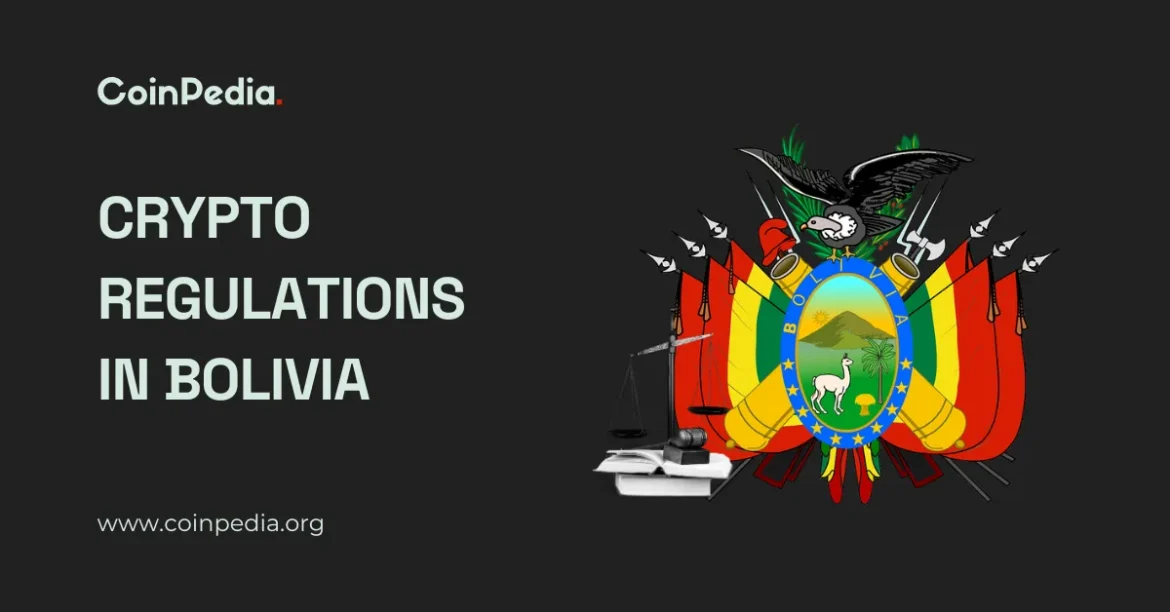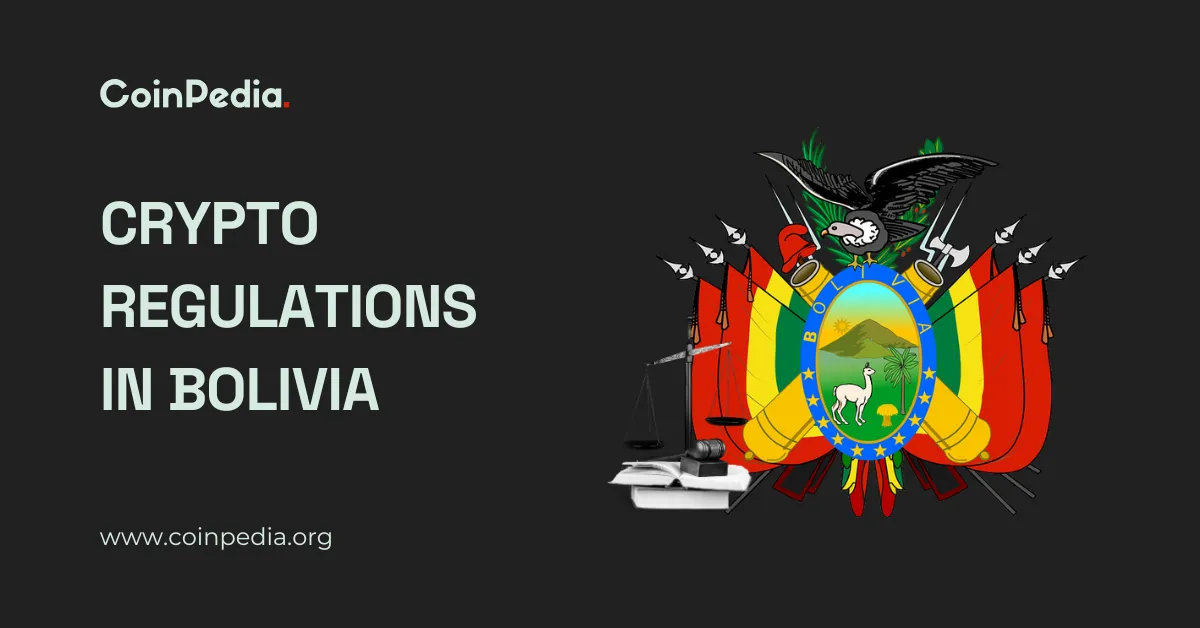Bolivia and El Salvador: A Crypto-Fueled Alliance Shaping Latin America’s Financial Future
A Paradigm Shift in Economic Strategy
Latin America is witnessing a seismic shift in economic strategy, with Bolivia and El Salvador at the forefront of a crypto revolution. Bolivia, once a staunch opponent of cryptocurrencies, has dramatically reversed its stance, partnering with El Salvador to develop a national crypto framework. This alliance is not just a policy shift but a strategic move that could redefine the region’s financial landscape.
The partnership between these two nations is a testament to the growing acceptance of digital assets as a viable alternative to traditional financial systems. It underscores a broader trend in Latin America, where countries are increasingly exploring crypto as a solution to economic challenges such as inflation, currency volatility, and limited access to international markets.
Bolivia’s Journey: From Opposition to Adoption
Bolivia’s relationship with cryptocurrencies has been tumultuous. The country initially banned virtual assets, viewing them with skepticism and concern. However, the economic landscape has evolved, and so has Bolivia’s perspective. Facing tightening access to U.S. dollars and a growing demand for alternative financial options, Bolivia has embraced digital assets as a “reliable alternative” to traditional currencies.
This policy reversal is encapsulated in the memorandum of understanding (MOU) signed between the Central Bank of Bolivia (BCB) and El Salvador’s National Commission of Digital Assets (CNAD). The BCB’s description of digital assets as a reliable alternative marks a profound shift in Bolivia’s economic strategy, driven by the need for innovative solutions to economic challenges.
El Salvador’s Pioneering Role
El Salvador’s experience with Bitcoin adoption is invaluable to Bolivia. As the first country to make Bitcoin legal tender, El Salvador has accumulated significant expertise in digital asset regulation, compliance protocols, and secure custody systems. This expertise is now being shared with Bolivia through the newly formed partnership.
The CNAD will serve as an advisory body, guiding Bolivia in constructing its own crypto regulatory framework. This includes developing compliance protocols, licensing regimes for digital asset service providers, and secure custody solutions for crypto assets. Bolivia aims to integrate these frameworks into national policy discussions, potentially paving the way for broader crypto adoption across the country.
A Symbiotic Partnership
The alliance between Bolivia and El Salvador is a mutually beneficial partnership that fosters collaboration and knowledge exchange. While El Salvador provides technical expertise and regulatory insights, Bolivia offers a unique perspective on integrating crypto assets into a previously resistant financial system.
The MOU facilitates mutual information exchange and cooperation, allowing both countries to learn from each other’s experiences. This collaboration could lead to innovative solutions tailored to the specific needs and challenges of the Latin American context. By working together, Bolivia and El Salvador can accelerate the development of secure, regulated, and accessible cryptocurrency ecosystems.
Key Areas of Cooperation
The partnership between Bolivia and El Salvador focuses on several key areas:
Regulatory Framework Development
El Salvador’s CNAD will assist Bolivia in creating a comprehensive legal framework for digital assets. This includes regulations for token offerings, digital asset service providers, and crypto platforms. The goal is to establish a transparent and accountable crypto industry that protects consumers and fosters innovation.
Compliance Protocols
The two countries will collaborate on developing compliance protocols to ensure the safe and responsible use of cryptocurrencies. This includes addressing concerns about money laundering and other illicit activities. By establishing robust compliance protocols, Bolivia and El Salvador can build trust in the crypto ecosystem and attract more participants.
Licensing Regimes
El Salvador will share its experience in establishing licensing regimes for digital asset service providers. This includes creating a transparent and accountable licensing process that ensures the integrity of the crypto industry. By adopting best practices from El Salvador, Bolivia can create a licensing regime that balances innovation with consumer protection.
Secure Custody Systems
The partnership aims to develop secure custody solutions for crypto assets. This includes protecting users from theft and fraud by implementing robust security measures. By ensuring the safety of crypto assets, Bolivia and El Salvador can build a more resilient and trustworthy crypto ecosystem.
Information Exchange
The MOU facilitates the exchange of information and best practices between the two countries. This includes sharing insights on regulatory approaches, compliance protocols, and secure custody systems. By fostering a collaborative approach to crypto regulation, Bolivia and El Salvador can accelerate the development of a secure and regulated crypto ecosystem.
Latin America’s Crypto Revolution
The partnership between Bolivia and El Salvador is part of a broader trend of crypto adoption in Latin America. Faced with economic challenges, currency volatility, and limited access to traditional financial services, many Latin American countries are exploring digital assets as alternative solutions.
Economic Challenges
Many Latin American countries struggle with inflation, currency devaluation, and limited access to international markets. Cryptocurrencies offer a potential hedge against these challenges, providing a store of value and a means of cross-border transactions. By adopting digital assets, Latin American countries can reduce their reliance on traditional financial systems and strengthen their economic sovereignty.
Financial Inclusion
A significant portion of the Latin American population remains unbanked or underbanked. Cryptocurrencies can provide access to financial services for these individuals, enabling them to participate in the digital economy. By embracing digital assets, Latin American countries can promote financial inclusion and economic development.
Remittances
Remittances are a crucial source of income for many Latin American families. Cryptocurrencies can facilitate faster and cheaper remittance payments, reducing the reliance on traditional intermediaries. By adopting digital assets, Latin American countries can make remittance payments more efficient and affordable, benefiting millions of families.
Potential Benefits for Bolivia
Bolivia’s embrace of cryptocurrencies could bring several potential benefits:
Attracting Investment
A clear and comprehensive regulatory framework for digital assets could attract foreign investment and boost the country’s economy. By creating a transparent and accountable crypto industry, Bolivia can build trust with investors and attract more capital.
Diversifying Financial Options
Cryptocurrencies offer Bolivians a wider range of financial options, reducing their dependence on traditional banking services. By embracing digital assets, Bolivia can provide its citizens with more choices and greater financial flexibility.
Facilitating Trade
Cryptocurrencies can facilitate international trade, allowing Bolivian businesses to bypass traditional banking systems and reduce transaction costs. By adopting digital assets, Bolivia can make trade more efficient and affordable, benefiting its economy.
Promoting Financial Inclusion
Cryptocurrencies can provide access to financial services for unbanked and underbanked populations, promoting financial inclusion and economic development. By embracing digital assets, Bolivia can ensure that all its citizens have access to the financial services they need.
Strengthening Economic Sovereignty
By embracing digital assets, Bolivia can reduce its reliance on the U.S. dollar and strengthen its economic sovereignty. By adopting its own crypto framework, Bolivia can assert greater control over its financial system and reduce its dependence on external currencies.
Challenges and Considerations
While the partnership between Bolivia and El Salvador holds great promise, there are also challenges and considerations to keep in mind:
Volatility
Cryptocurrencies are known for their volatility, which can pose risks to investors and consumers. By adopting digital assets, Bolivia must be prepared to manage the risks associated with price fluctuations and market volatility.
Security
Ensuring the security of crypto assets and preventing theft and fraud is a major challenge. By implementing robust security measures, Bolivia can protect its citizens and build a more resilient crypto ecosystem.
Regulation
Developing effective and balanced regulations that protect consumers without stifling innovation is crucial. By adopting best practices from El Salvador, Bolivia can create a regulatory framework that balances innovation with consumer protection.
Education
Educating the public about cryptocurrencies and their risks is essential for promoting responsible adoption. By providing clear and accurate information, Bolivia can ensure that its citizens are well-informed and able to make sound financial decisions.
Infrastructure
Building the necessary infrastructure to support crypto adoption, including internet access and digital literacy, is crucial. By investing in the necessary infrastructure, Bolivia can ensure that its citizens have access to the tools and knowledge they need to participate in the crypto ecosystem.
Conclusion: A New Economic Landscape
The alliance between Bolivia and El Salvador marks a significant step towards a new economic landscape in Latin America. By embracing cryptocurrencies and collaborating on regulatory frameworks, these countries are paving the way for a more inclusive, innovative, and resilient financial future. While challenges remain, the potential benefits of crypto adoption are undeniable. As more Latin American countries explore digital assets, the region could emerge as a global leader in the crypto revolution, fostering economic growth, financial inclusion, and greater economic sovereignty.
Crypto: The Future of Finance in Latin America?
Bolivia’s partnership with El Salvador is a clear indication that crypto is no longer a fringe concept, but a potential cornerstone for the future of finance in Latin America. Only time will tell if this bold move will pay off, but one thing is certain: the region is watching closely, and the world is taking note. As Latin America continues to explore the potential of digital assets, the region could emerge as a global leader in the crypto revolution, shaping the future of finance for generations to come.





